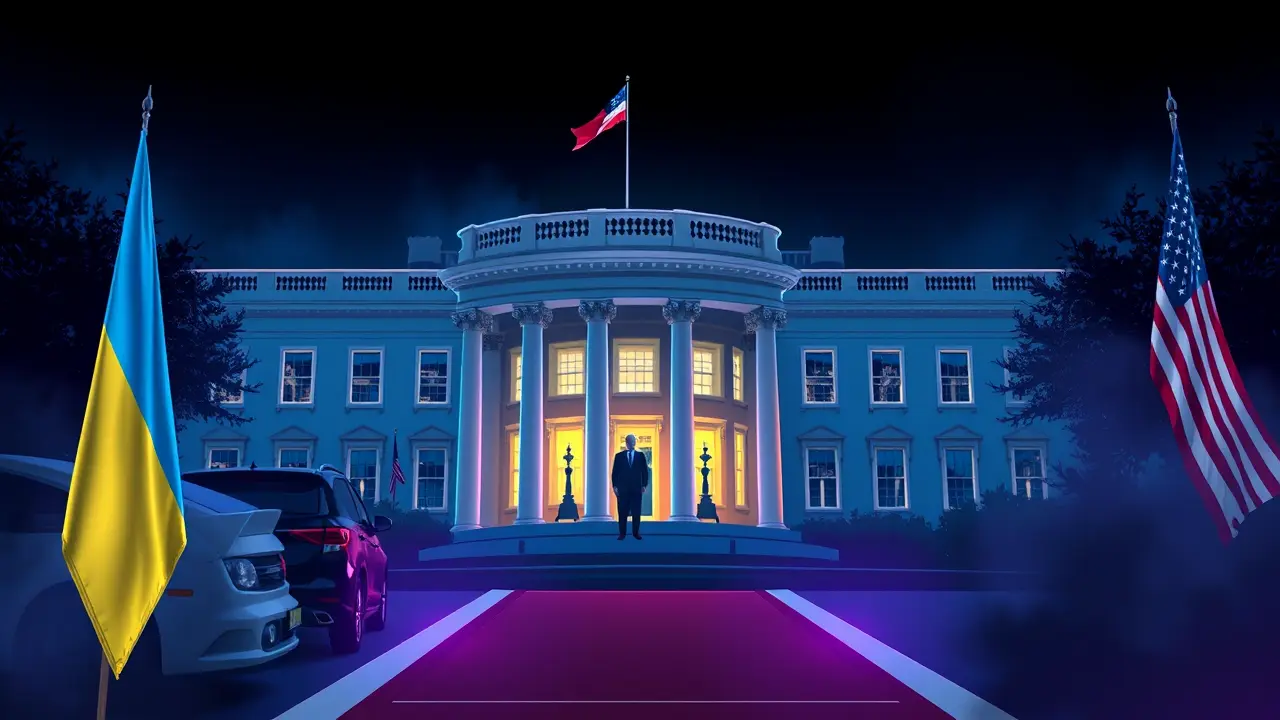Zelensky to Lobby for Missiles at White House After Trump-Putin Summit
In a diplomatic gambit freighted with the gravity of a Churchillian crossroads, Ukrainian President Volodymyr Zelensky is poised to embark on a critical mission to the White House, his agenda singular and stark: to lobby for the advanced missile systems his nation desperately requires to counter the Russian onslaught. This high-stakes meeting with President Donald Trump, however, is shadowed by a profoundly disquieting precedent—it comes merely a day after Trump agreed to face-to-face talks with Russian counterpart Vladimir Putin, a summit that, absent prior consultation with Kyiv or NATO allies, has sent tremors through the architecture of post-war European security.One cannot help but draw a historical parallel to the 1938 Munich Agreement, where a great power, pursuing its own conception of diplomacy, negotiated over the fate of a smaller nation without its meaningful participation, a lesson in the perils of appeasement that echoes ominously today. The sequencing of these events is not merely unfortunate calendar management; it is a strategic masterstroke from the Kremlin, effectively placing Zelensky in the supplicant's position, forced to plead for his country's survival in the wake of a dialogue between the very powers that dictate its fate.The weapons in question—long-range ATACMS or advanced air defense batteries—represent more than mere hardware; they are the tangible measure of American commitment, the difference between a stalemate and a strategic defeat. Yet, the Trump administration's posture has been one of calculated ambiguity, oscillating between robust declarations of support and troubling rhetoric questioning the value of continued aid, a volatility that Putin has expertly exploited to sow discord and test the resilience of the Western alliance.Analysts from the Rand Corporation and the Center for Strategic and International Studies warn that this moment constitutes a fundamental stress test for the liberal international order, where the principles of sovereignty and collective defense are being actively contested by a revanchist Russia and an increasingly transactional United States. The potential consequences are vast: a failure to secure these missiles could cede the initiative on the battlefield to Russia's grinding artillery-led advances, while a successful lobbying effort would not only alter the tactical picture but reassert, however tenuously, the United States' role as a guarantor of security. Ultimately, this week in Washington is less about a single arms request and more about defining the future of great power politics—will it be governed by alliances and shared democratic values, or by bilateral deals struck between strongmen, leaving smaller nations to navigate the treacherous currents alone? The answer, much like the outcome of Zelensky's urgent appeal, hangs in a precarious and deeply unsettling balance.
JA
Jamie Wilson123k2 days ago
this whole situation just makes me wanna take a deep breath for a second it feels like things are moving way too fast
0
